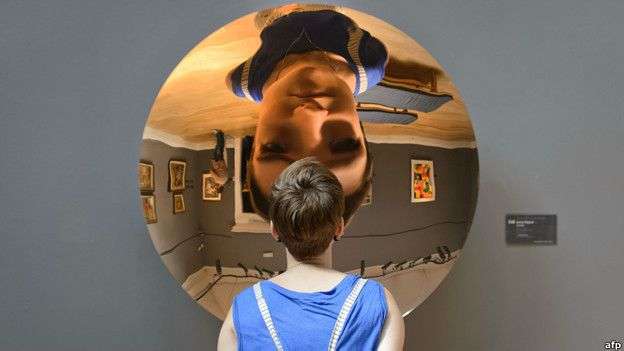
Everyone loves origin stories – mine goes something like this… while you’re reading I’d love to know if anything I have written resonates with you. Perhaps you’ve had a similar experience or made a similar conclusion. On the other hand, if you disagree, don’t be shy. Either way, this is an insider account of Maths in modern secondary schools and you’re sure to learn something.
I worked as a Maths classroom teacher for five years and I loved my job but something was gnawing at me from the off. I was an “outstanding” teacher (their words not mine) but I always felt a little underwhelmed.
The sad truth was that many students arrived at my class seemingly nosediving in the subject. It felt like they had been left behind and had given up. You know the drill… Their attitudes had hardened… soon enough every lesson, parents evening, homework and test had become a struggle – and their self-esteem was on the floor.
So anyway, they’re sitting in my class and it was my job to turn this around. And I did most of the time, but my goodness it wasn’t easy, especially with a class full of students.
I can see it now. The hatred for the subject from some of my students was palpable. It spills over into a general hatred for school.
It’s a real point of pride that I could turn many of these students around.
But results like these aren’t always possible and require an almost superhuman amount of effort.
175 thousand pupils fail GCSE maths each year, with only 20% passing their resit.
So as you can see in many cases and in many schools the results are not so pretty. Students continue to get worse in the subject over time.
It’s 16-year-olds unable to add numbers properly.
It’s adults who cannot access career paths they’re perfect for.
It’s the years wasted worrying and feeling powerless.
So I created my program.
It’s what I wished I could give to all students who were struggling with maths – before they fell from grace.
I wanted to show them that they could do Maths and enjoy it too. Nothing about them was bad at maths, they just needed to strengthen their foundations – to learn to walk before they could run.
With this knowledge they could get any grade they wanted and be in no danger of struggle. After all, on its own GCSE Maths is only six strands which can be mastered quickly with the right mindset.
The idea is to give people a jolt with a feeling of success quickly, right at the time when most people get turned off Maths.
To use this feeling of success to reset any negative feelings towards maths, previously felt. Maybe in primary school or a previous teacher – who knows?
To use this positive feeling to build all the mathematical foundations that serve for the rest of secondary school maths.
That way you have a confident, capable young person who feels that maths is easy enough and (whisper it quietly) fun and important for the rest of their schooling.
I think of the program like a vaccination against maths troubles. With the base we set, my students only excel. I guarantee it (seriously –reply “my guarantee” to find out more).
Now of course, nobody is beyond maths help. I have taken adults who have dreaded maths for their entire lives to passing (and enjoying) their GCSE. I have taken students who missed 3 years of school, using the same program to passing GCSE in just 4 months before the first exam.
But I don’t recommend leaving it that late. The earlier Maths troubles are nipped in the bud, the easier it is to reset and the more time everyone can have back from despair.
So there you have it… my origins story.
Five years on with a host of successful case studies, my program is designed to be completed when most people get turned off Maths… which is the beginning of secondary school… where letters and numbers mix. Where quadratics and parabolas descend.
It can all get pretty scary pretty quickly.
But not if you have the right teaching and the right approach. The problem is that schools are too busy firefighting with students failing GCSEs to focus on setting up kids in year 7 on a path to success. And so the merry, tragic dance goes on.
Things like my program allow everyone to enjoy their schooling rather than over-worrying. With an intense focus early, students thrive and excel instead of floundering.
It’s 2hrs a week for 12 weeks and in that time we cover most (if not all) of what is necessary to pass a GCSE maths. To me, this is the most telling issue with maths education in this country – you can cover most of the content in 12 weeks and yet it takes many students five years of banging their heads against the desks to scrape through.
All too often Year 7 and 8 are a boring, watered down version of GCSEs rather than the kind of lessons that spark enjoyment, therefore engagement, and therefore excellence.